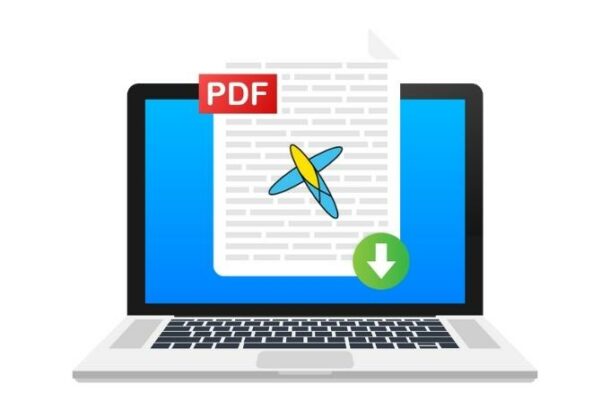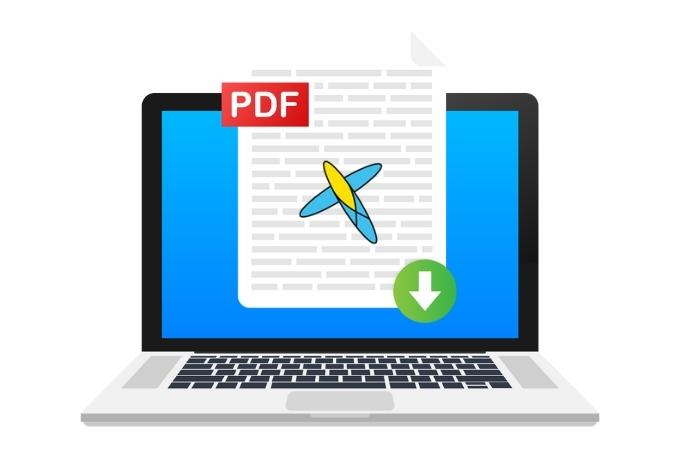
An Alumni member raised a question about coaching up – can or should we coach our bosses to improve their performances?
A great question.
To answer that question, I’d like to invite you to think about:
- What drives you in coaching? And you are doing it for whom?
- If you have an opportunity to coach people and help them to become better selves. Would you do it?
- If yes, what makes you think twice if the person happens to be your boss?
- If you were the boss, would you appreciate your subordinates point out the missing part or welcome some insights or fresh ideas when you need it?
Do you have the answer now?
According to me, yes absolutely you can coach your boss, and you should if you have the opportunity to do so. By coaching the boss and doing it well, you not only assist your boss and empower them to improve but also help to establish a safe work environment and benefit everyone working in it.
Given said that, coaching up does require a delicate touch. Below are some bits of advice that I’d like to share with you:
1. Explore the Problem and What You Can (Not) Do
First of all, try to recognise what is the problem that your boss needs help with. Like what you’d probably do with any coaching client, have a consultation session (can be an informal chat) with your boss and find out:
- What does he/she want to achieve from coaching?
- Is it something you can help as a coach?
- Is there a conflict of interest? (Note, it will be hard for one to maintain neutrality as a coach when there is a conflict of interest. You might want to refer your boss to another coach if there is a conflict of interest.)
- What is his / her communication style like?
- Are you the right fit for each other?
This is a chemistry check between you and your boss as the coach and coachee, also to set up expectation and ground rules of working together.
2. Define the Approach and Work with Your Boss
Once you have done the chemistry check and decided to move forward, you need to define how you are going to work with your boss. You may want to consider a few aspects, such as:
- What format should the coaching sessions take – formal meetings or informal coffee catch-ups?
- What is the preferable cadence?
- What time works best for both yourself and your boss?
- What is the duration for the coaching commitment?
- How often are you going to evaluate your coaching relationship and review the progress made?
Plan ahead and have an open discussion with your boss to agree on the approach. Frequent and constructive coaching conversations will help your boss to gain clarification and move forward towards his / her goals.
Follow the same standards as what you would do when coaching your peers. Use powerful questions, global listening, and effective feedback to help your boss gain self-awareness and new perspectives. Empower them to come up with innovative solutions to solve their own problems. Get them to commit to a plan of actions and implement the changes needed to become better.
3. It Is Not What You Say, It’s How You Say It.
Be honest, yet empathetic and mindful when providing your feedback, and ask for permission first. For instance, ‘I’d like to share some observation. Do I have your permission to speak openly?’
Use what we have learnt in the Agile Coaching (ICP-ACC) course – Non-violent communication and effective feedback. Share your observation based on the facts you have perceived, encourage and challenge your boss for behavioural change and improvement. Remember, it is never about who is right or wrong, it is always about ‘how to make it better’.
Like anyone, your boss may not be aware of certain behaviours that are stopping him/her to achieve his / her best competencies and potentials. Help him/her to gain awareness and see the ‘blind spot’, in a non-violent way! This will be easier once you have built a certain level of trust and rapport with your boss. Be selective about the occasion and timing to bring up observations till then!
4. Don’t Expect Immediate Changes
It is important to remember that in any coaching relationship, the coachees are always in the driving seat. That is, they control where they would like to go and the pace they want to take, and they are responsible to take actions and change behaviours. As coaches, you cannot hold their hands and drive on their behalf. When you coach your boss, you are not accountable for your boss’ behaviours and what he/she does or does not do. Appreciate their work responsibilities and workload, and don’t let the expectation (or disappointment) impact you or your relationship with your boss.
Stepping out of the comfort zone is not easy. Whilst some people respect feedbacks and they would make the changes to develop themselves to become more, others may find it difficult or take time to do so. Respect them and their choices, and be there to support them when they are ready to change.
In summary, I believe coaching up is beneficial for many and you should do it whenever you have the chance. As a start, it helps your bosses to do their jobs better. With the help of coaching, they can improve self-awareness, establish broader perspectives, and make better-informed decisions. It also helps to build a safe working environment, promote problem-solving and team collaboration, ultimately enable the organisation to succeed.
I am sure your boss would appreciate some constructive feedback and support from their teams. Why not share your opinion here and let me know your thoughts too?
Read more about coaching your boss:
https://www.insperity.com/blog/master-delicate-art-coaching-boss/


